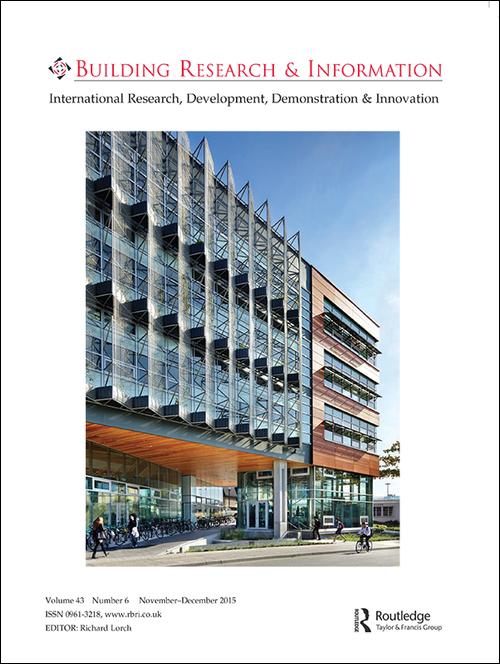
It’s always interesting to know how many researchers in any given field engage in so-called questionable research practices that don’t rise to the level of out-and-out fraud: honorary authorship, citing articles they don’t read, choosing reference lists that would please editors or reviewers, for instance. And when the researchers work in a field with potential health implications, the findings are even more compelling. Lauren Maggio and Anthony R. Artino, Jr. from the Uniformed Services University spoke to us recently about the findings from their survey (posted in bioarXiv) of health professions education researchers, a relatively new field that studies how future health professionals are trained.
Retraction Watch: You note that 90% of the people who volunteered to complete the survey admitted to at least one questionable research practice. Was that surprising?

 The editorial board of an architecture journal has resigned en masse after the publisher announced it plans to terminate the editor’s contract at the end of this year.
The editorial board of an architecture journal has resigned en masse after the publisher announced it plans to terminate the editor’s contract at the end of this year.
 A chemistry journal has retracted a nanoparticle paper following heavy outcry from readers, who
A chemistry journal has retracted a nanoparticle paper following heavy outcry from readers, who 
 A former NIH postdoc recruited to a tenure-track position last year committed multiple acts of misconduct in two papers, according to the U.S. Office of Research Integrity.
A former NIH postdoc recruited to a tenure-track position last year committed multiple acts of misconduct in two papers, according to the U.S. Office of Research Integrity. Readers of Retraction Watch will be no strangers to the practice of issuing Expressions of Concern — editorial notices from journals that indicate a paper’s results may not be valid. While a good idea in theory — so readers can be aware of potential issues while an investigation is underway — in practice, it’s a somewhat flawed system.
Readers of Retraction Watch will be no strangers to the practice of issuing Expressions of Concern — editorial notices from journals that indicate a paper’s results may not be valid. While a good idea in theory — so readers can be aware of potential issues while an investigation is underway — in practice, it’s a somewhat flawed system.  The U.S. National Institutes of Health is closing PubMed Commons, the feature that enabled readers
The U.S. National Institutes of Health is closing PubMed Commons, the feature that enabled readers  The Karolinska Institutet in Sweden has declared that once-lauded surgeon
The Karolinska Institutet in Sweden has declared that once-lauded surgeon